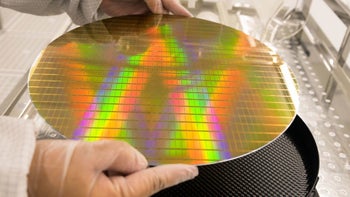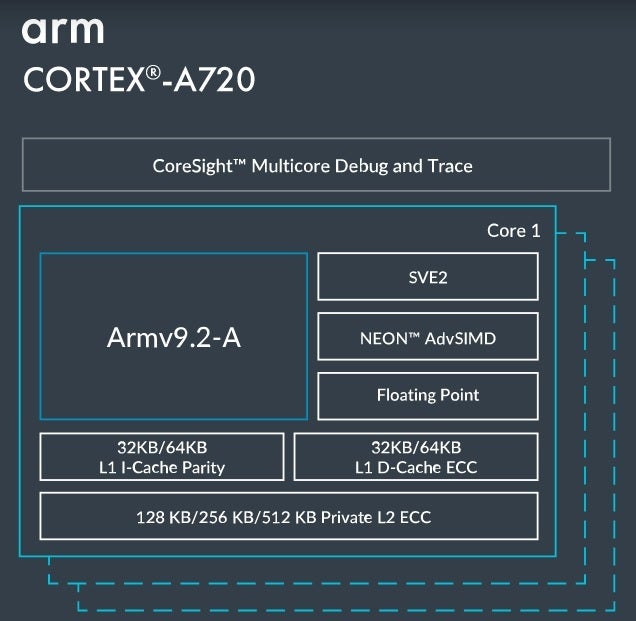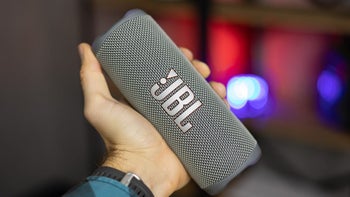Arm and Samsung are customizing Cortex CPU cores for 2nm GAA chip production

Arm and Samsung are working together to develop custom versions of Arm's Cortex-X and Cortex-A CPU cores to be used with the next-gen 2nm chips that Samsung Foundry will be producing next year using Gate-All-Around (GAA) transistors. Unlike the currently used FinFET transistors, GAA uses horizontal nanosheets that are placed vertically to cover the channels with gates on all four sides. This reduces current leaks, improves the drive current, and can help reduce energy consumption.
Chris Bergey, Senior Vice President and General Manager at Arm Inc. says, "Our longstanding collaboration with Samsung has delivered multi-generation, leading-edge innovation. Optimizing Cortex-X and Cortex-A processors on the latest Samsung process node underscores our shared vision to redefine what’s possible in mobile computing, and we look forward to continuing to push boundaries to meet the relentless performance and efficiency demands of the AI era."
The Cortex-X cores are designed and built for strictly one thing: performance. The Cortex-A cores are more balanced as they seek to optimize performance with power consumption. The custom versions of Arm's Cortex-X and Cortex-A cores for Samsung Foundry's 2nm process node could debut on the latter's first-gen 2nm production node called SF2 which is expected to launch next year. It isn't clear whether the custom cores will continue to be used with Samsung Foundry's second-generation 2nm node which is known as SF2P.

Arm's Cortex-A720 performance CPU core
Jongwook Kye, Executive Vice President and Head of Foundry Design Platform Development at Samsung Electronics stated, "As we continue into the Gen AI era, we are excited to extend our partnership with Arm to deliver the next generation Cortex-X CPU, enabling our mutual customers to create innovative products. Both Samsung and Arm have built a solid foundation from many years of collaboration. This unprecedented level of deep design technology co-optimization has resulted in a groundbreaking accomplishment, providing access to the newest Cortex-CPU on the latest GAA process node."
Last week, Samsung Foundry reportedly signed its first customer for its 2nm production, Preferred Networks (PFN). According to the company's website, Preferred Networks "rapidly realizes practical applications of deep learning and other emerging technologies in order to solve real-world problems that are difficult to address with existing technologies."













Things that are NOT allowed: